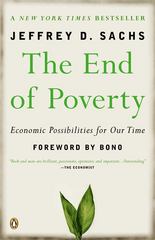Question
When the capital gains tax rate was reduced from 28 to 20 percent in 1997, and especially when it was cut again to 15 percent
When the capital gains tax rate was reduced from 28 to 20 percent in 1997, and especially when it was cut again to 15 percent in 2003, many people thought these reductions would be temporary. How did this belief affect the incentive to sell assets, when the tax rates were cut compared to a situation in which the tax rates were cut permanently? How would the belief that the cuts were temporary alter the choice between selling assets that had experienced large capital gains versus those that had experienced only small capital gains? relate with knowledge of income and wealth inequality, and poverty
Step by Step Solution
There are 3 Steps involved in it
Step: 1

Get Instant Access to Expert-Tailored Solutions
See step-by-step solutions with expert insights and AI powered tools for academic success
Step: 2

Step: 3

Ace Your Homework with AI
Get the answers you need in no time with our AI-driven, step-by-step assistance
Get Started


